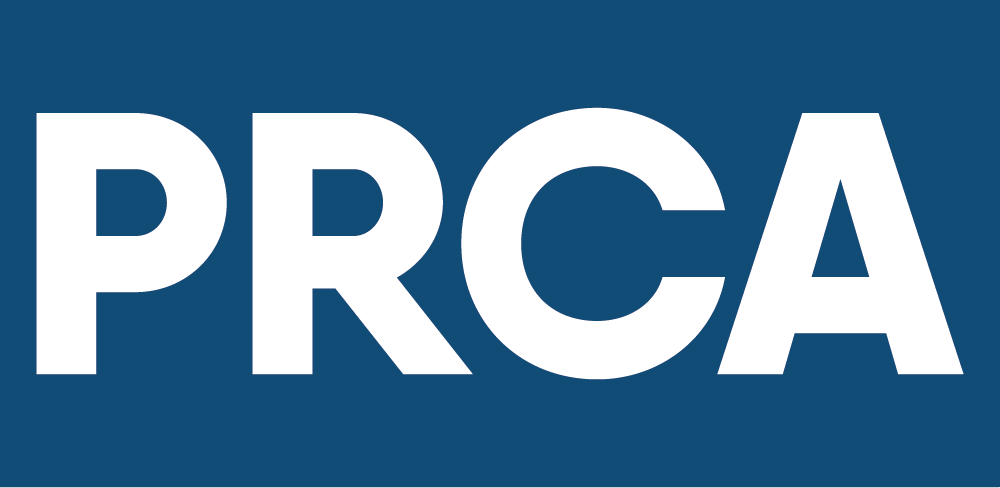A new age of scepticism demands a new response from communicators
Trust is back. Boring old, reliable dependable trust. In the good old days of explosive growth, risk was an affordable cost in the pursuit of excellence. But that all changed dramatically this year. Much of what the West consider its lodestars, NATO, American hegemony, the global trade system, has been called into question.
In many respects, this may not turn out to be a bad thing, long-term. No-one likes to be taken for granted and it’s not difficult to understand how our great American friends and colleagues felt that way. America has stood guarantor of world peace in three wars in the modern era, two hot and one cold. It has led the world at the cost of the world’s largest deficit spending. There is no earthly reason Europe could not afford to spend more on its own defences. This is especially true with a war raging on its Eastern flank. Whether they will choose to spend their own taxes on US weaponry, is a more concerning point for the strategic effectiveness of the alliance.
It's clear though that that we have taken for granted in the post-war settlement has been called into question for the first time in eighty years. In fact, we’re now entering into a new age of scepticism and cynicism which can be exploited for political ends. This cannot be countered with the subjective alone. We’ve enough of opinions. Social media has seen to that. Speed has always had an inverse linear relationship with truth. We’d rather have entertainment.
Fortunately, this is an age of data. It is all around us. But it’s not facts we trust. We trust people.
We train people in universities to have domain expertise and knowledge. We try to impart the wisdom of the ages. In no university, however, has anyone ever trained anybody in how to win trust or in the art of persuasion. The reality of having a qualification was always enough. And now it isn’t. We trust the dentist not because of their certificates on the wall but largely because of their behaviour and approach. We’re not qualified in dentistry, so we assess on our own criteria.
What makes us trust people is well established. You can learn this in any presentation training. The visual message, eye contact, volume, height, message discipline all come into play.
Now though, with the advent of AI, we now longer need to rely on subjective perceptions we can back those up. The images can be processed into data to tell us about eye contact, sentences, structure, speed or delivery, animation and many other biometrics.
This is why over the last year, TEAM LEWIS has been working away in UK, US and Malaysia to create something entirely unique. Training for Trust™ uses a combination of AI, facial, voice and eye contact recognition software, machine-based analysis, modelling and proprietary coding to score presenters, PowerPoint materials and propositions for integrity.
The tool uses AI to summarise results across the criteria of trustworthiness, confidence, credibility, engagement and authenticity. This allows key moments in any presentation – financial or commercial – to be identified and analysed. This includes applications for crisis scenarios, to deliver communications reliably and measurably.
This can be delivered remotely across the web in test form or from purpose-built studios in central London.
TEAM LEWIS has trained hundreds of communicators over the years but for the first time we now have objective data to rank and compare across teams, it provides analytics around questioning and response.
In the new age of scepticism, it’s no longer enough to expect trust. Leaders are going to have to be trained for it.
